when
country
Malawi
Subject
Gender equality
Related Member Association
Family Planning Association of Malawi

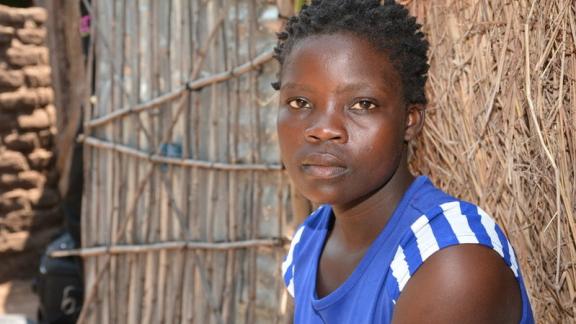
Resource
Malawi has one of the most comprehensive laws against child marriage in Africa after a new bill was passed in 2017 increasing the legal marital age from 15 to 18-years-old.
Malawi has one of the most comprehensive laws against child marriage in Africa after a new bill was passed in 2017 increasing the legal marital age from 15 to 18-years-old.
The Marriage Act of Malawi in 2017 protects any girl under the age of 18 from marriage and holds parents or other family members who marry their children off below the age accountable and liable to prosecution.
But even with the law, cases of child marriage are still happening but community Watch Groups have been set up to help. This is the story of one girl helped by her local watch group.
Family Planning Association of Malawi (FPAM) with money from the Japan Trust Fund supports the watch group by building the capacity of its members. Five members of the Jalasi Watch Group have been trained about the law, policies around the issue of child marriage and how they align with the by-laws.
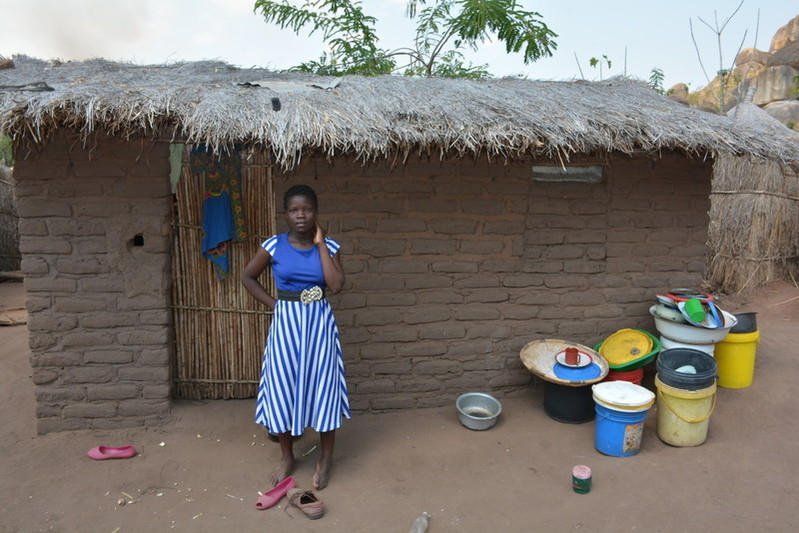
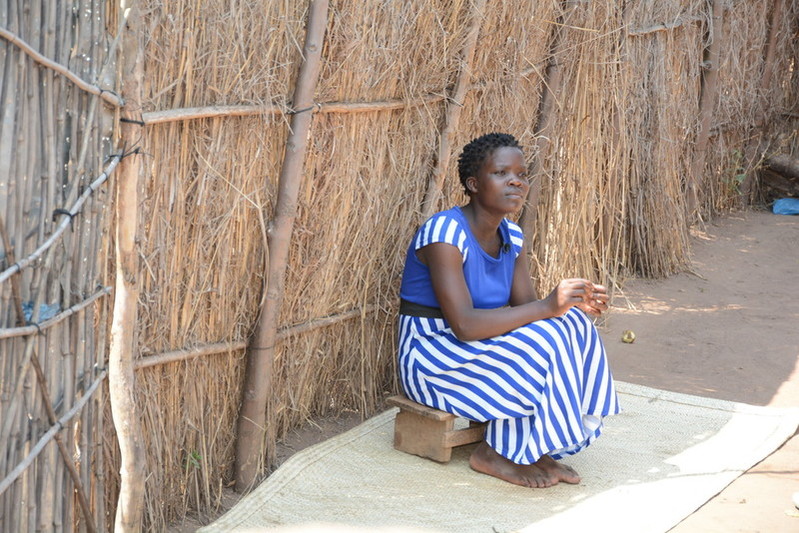
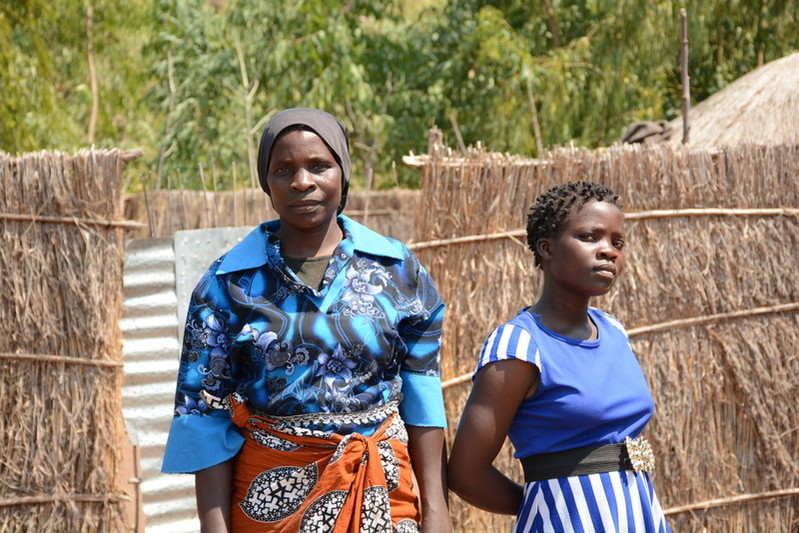
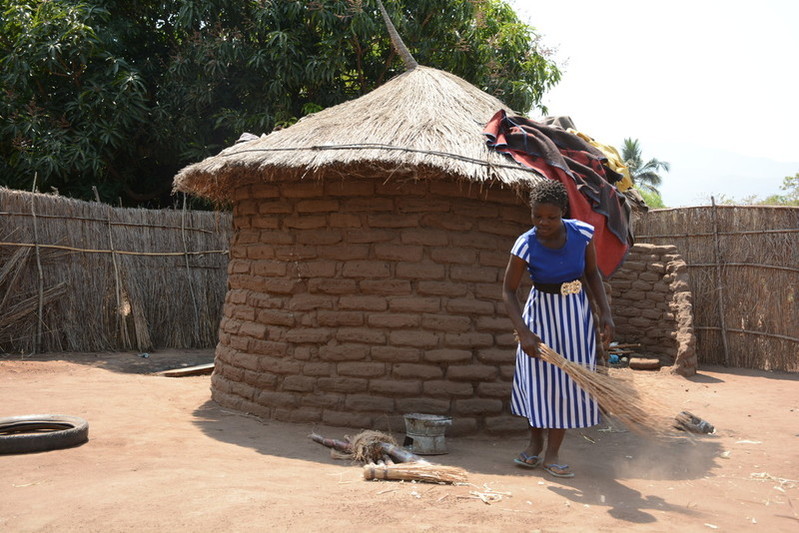
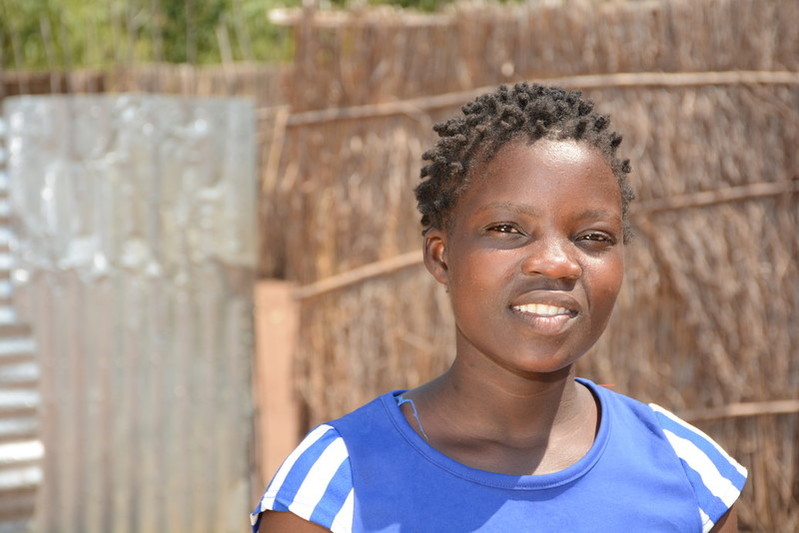
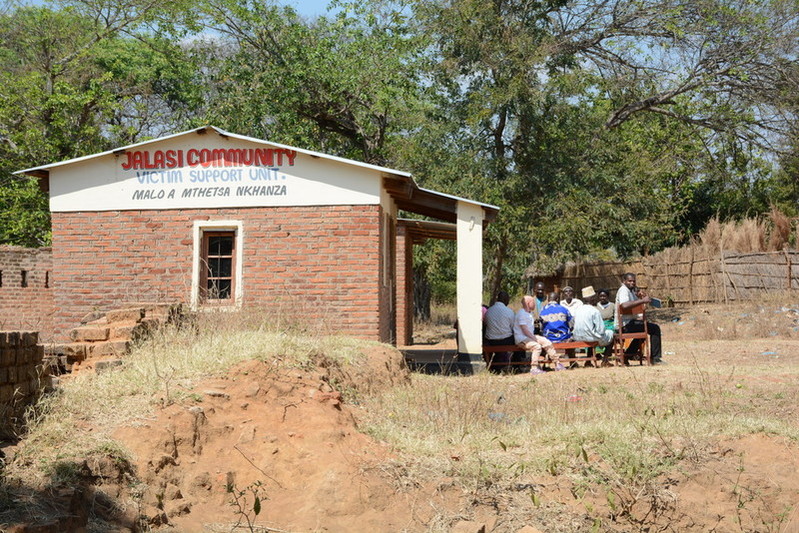
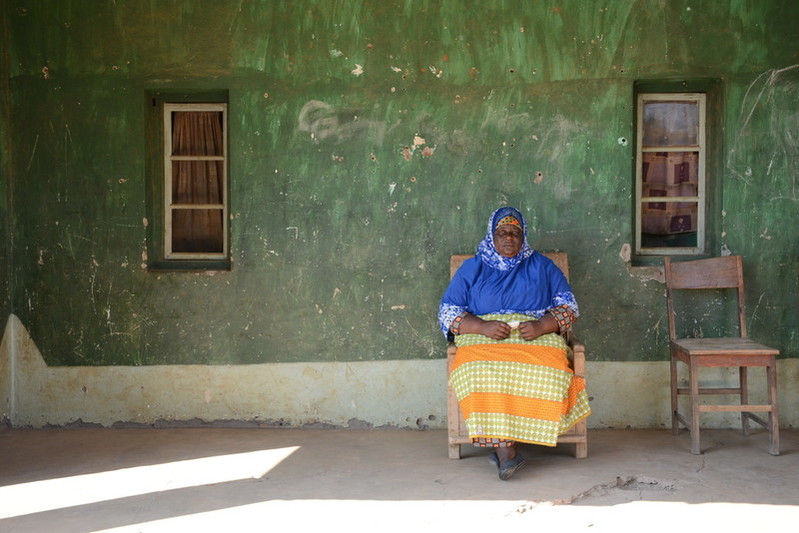
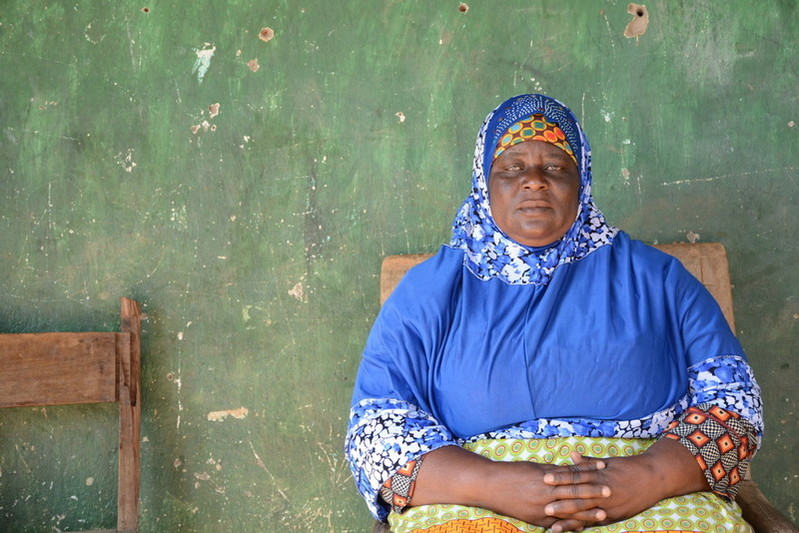
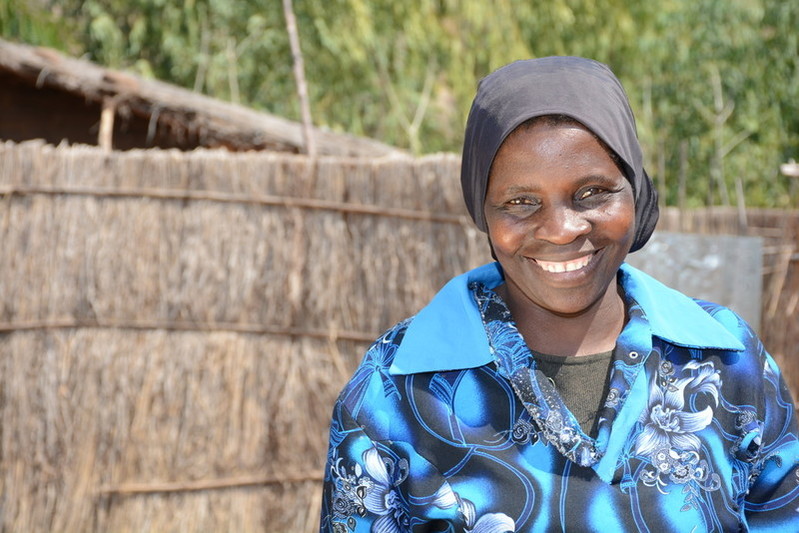
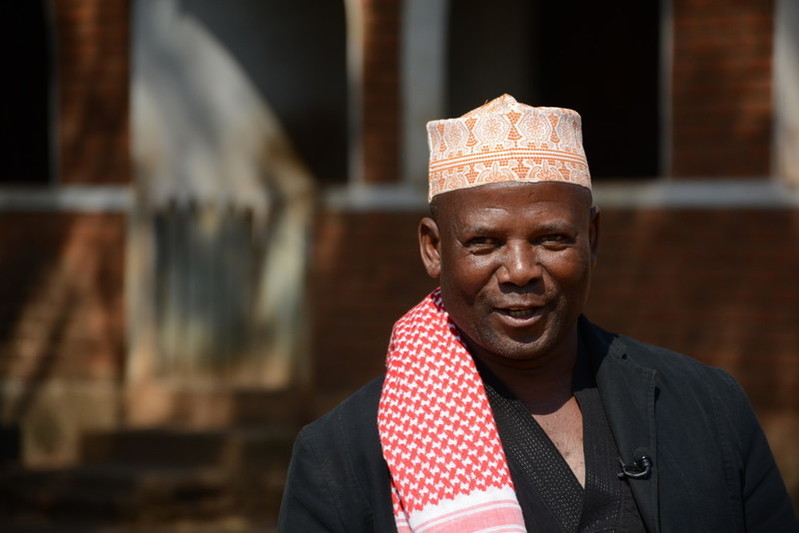
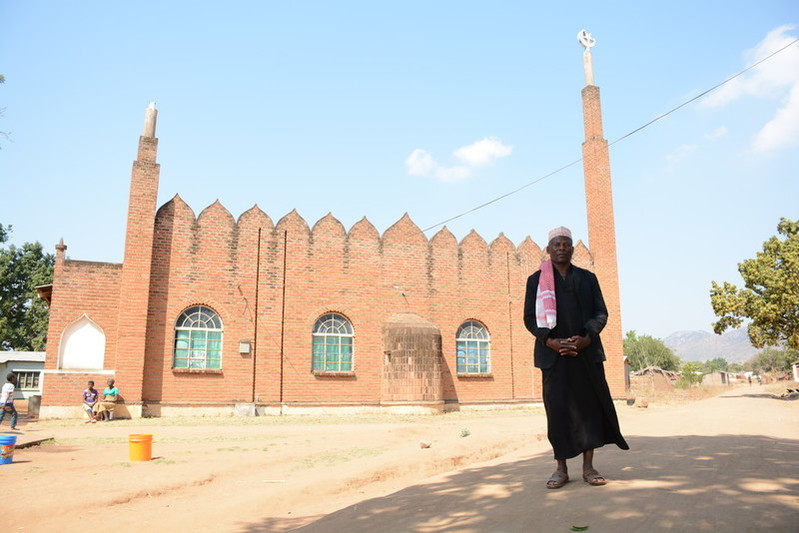
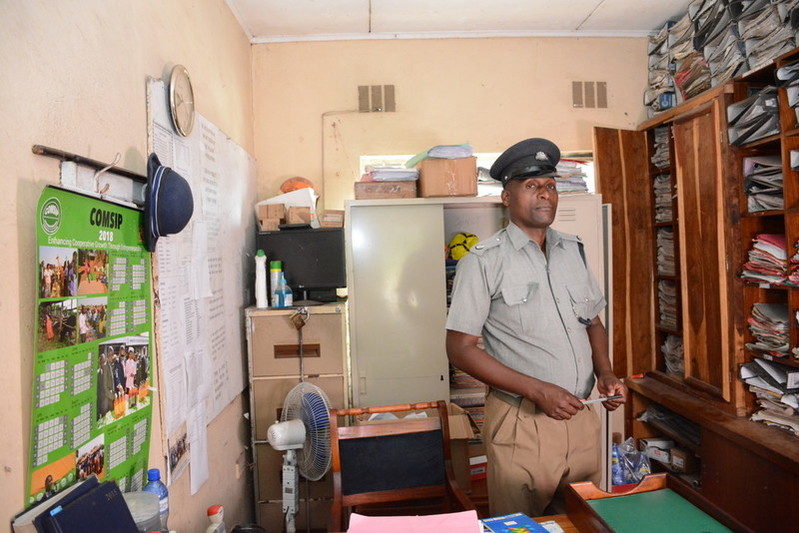
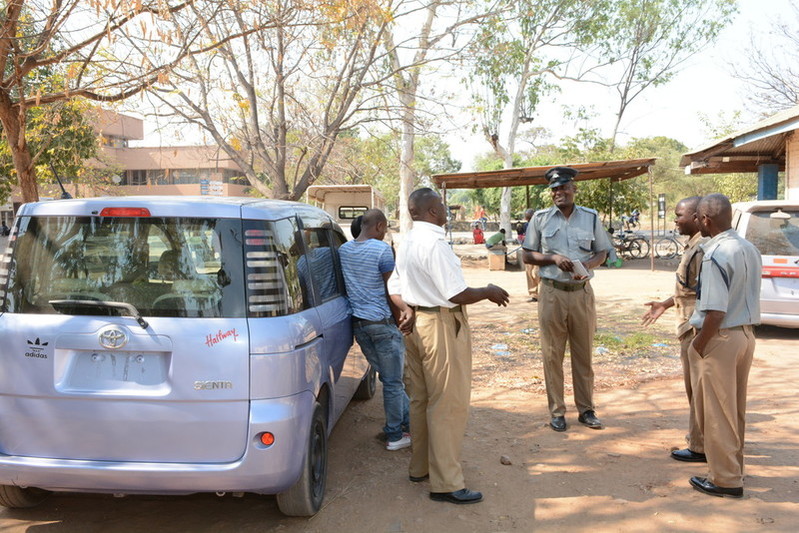
when
country
Malawi
Subject
Gender equality
Related Member Association
Family Planning Association of Malawi